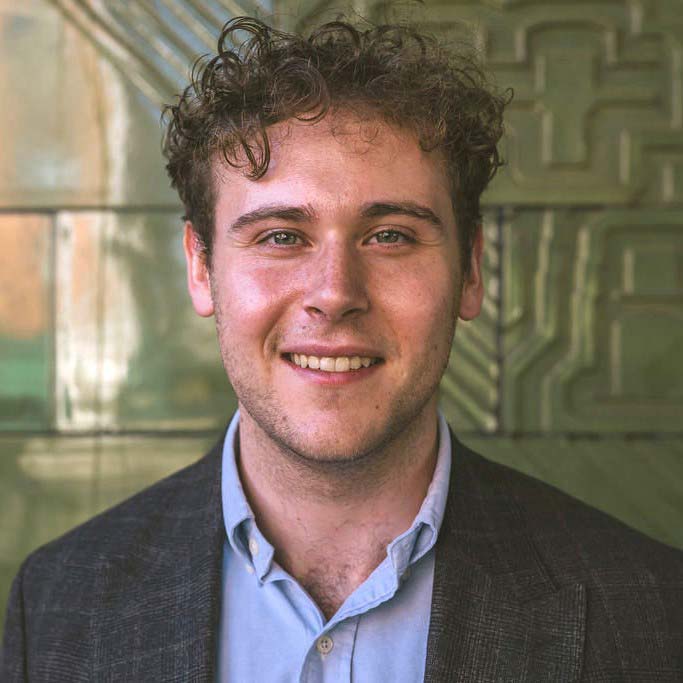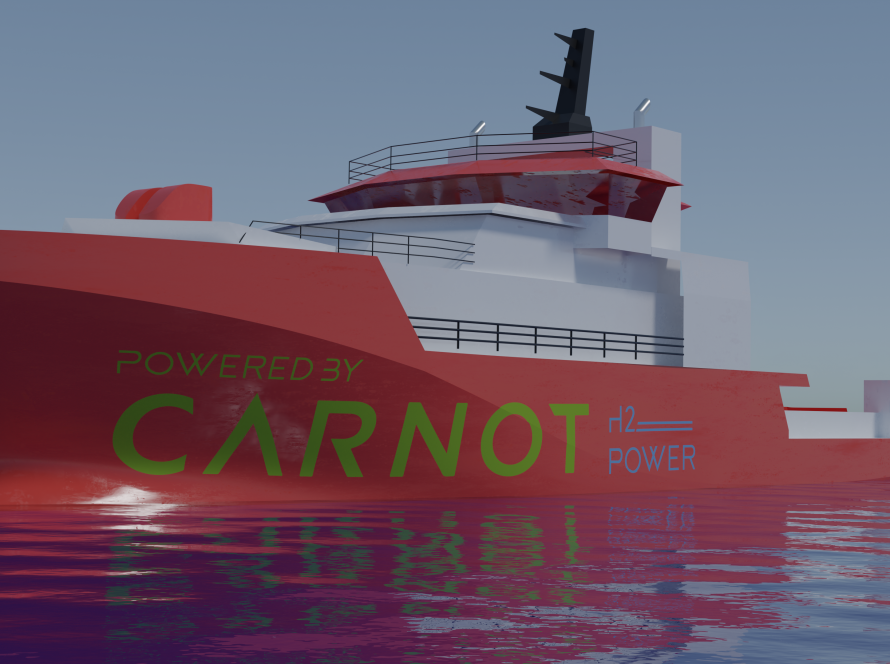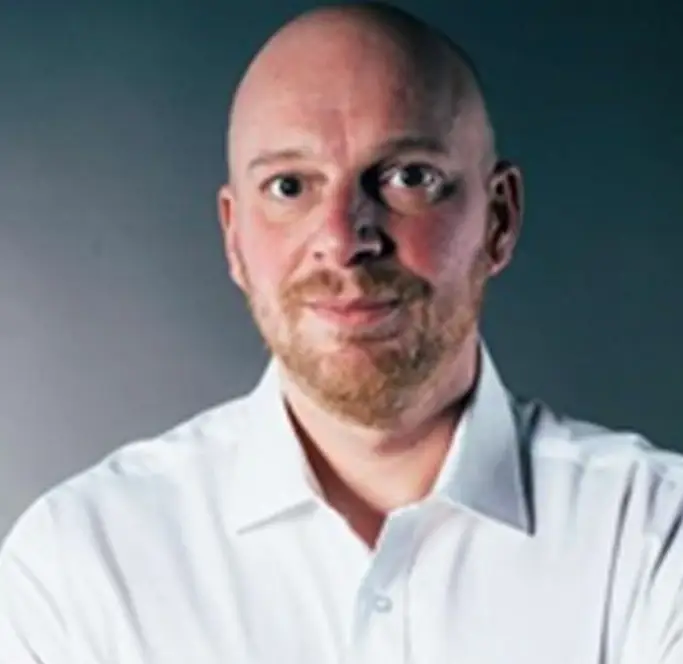
Carnot was co-founded by entrepreneurs Archie Watts-Farmer, Francis Lempp and Nadiur Rahman. Their aim is reduce global co2 emissions by 13% and bring clean, secure and affordable energy to all. To better understand Carnot and gain an insight into the companies’ motivations we carried out interviews with its co-founders, following this series we interviewed Francis Lempp, a young physicist with a passion to innovate.
Francis Lempp, 24, obtained his MSc in Particle Physics from Royal Holloway University of London in 2018 and decided to pursue ceramic engine design. Since then Francis has played a large role in delivering two government funded Innovate UK research projects on ceramic engine technology and co-founded Carnot.
We interviewed Francis to understand how he came to be an engineer, entrepreneur and co-founder of Carnot.
How did you come to be an engineer?
“I suppose I’ve always been curious about how things work around me. Growing up I spent a lot of time building things out of wood, wiring old electric train sets etc. . As a kid my parents always encouraged me and let me pursue which ever path interested me the most.
As I got older, I became very interested in science, maths and art at school which fuelled my creativity and understanding of the world around me. My Father has a science background and my mother is an artist, so they often encouraged me and my brothers to blend these seemingly contradictory skills. This has stuck with me and I feel has led me to think differently, seeing connections between things which others can’t.
Eventually I decided to study particle physics which gave me a very detailed understanding of physics, mathematics and skills which I have transferred to a number of aspects in my life. However, I began to find the quantum realm a little too abstract. I wanted to put my skills to use and get involved in a project that had a more tangible impact. This is when I found ceramic engine research. My knowledge of physics was very transferable, and I began my carrier in engineering as a mathematical modeller. I still remain very close to my physics background, modelling the equations of gas flow and heat transfer in the Carnot engine.”
What interests you the most about engineering, is it what you expected as a career?
“I like the innovation. All the sciences are continuously evolving but engineering has always been the field that solves day-to-day problems, having a very tangible impact. I enjoy the creativity involved as each problem requires a different approach. Engineering is very broad and involves a wide range of techniques and skills from concept design to mathematical modelling to experimentation. I would say that it differs very little from the skills and techniques I used in physics. As a founder I am also involved in the business side of Carnot, something which I thoroughly enjoy. The skills and knowledge I have developed are invaluable. I did not expect my career to end up us as it has, but I certainly enjoy it!”
Would you recommend this as a career path to others?
“Absolutely, I think that start-up’s in general offer a much quicker learning curve. It’s certainly less comfortable than a graduate scheme for example, but you’re loaded with much more interesting projects and responsibilities. I would always recommend that young people should take a risk early on and give it a try. Even if it fails, you will still walk away with a ton of experience you simply won’t get anywhere else.”
What motivated you to start Carnot?
“I felt as though we could really make a difference. There is a huge ongoing transition to net-zero, but people’s expectations are slipping away from reality. As a result, many industries, which play a significant role in global warming, are being left in the dark ages. These industries can’t relate to the battery craze or rely on fuel cells for the near or distant future. These are expensive solutions and require rare metals. Who will pay for the infrastructure? Where will these metals come from? There is no silver bullet solution.
Achieving net-zero is important to me and my generation and by developing our engine we can make a huge impact on those sectors struggling to catch up. I am a big believer in providing ethical, green technologies that are simultaneously economically viable and can be easily integrated with modern infrastructure.
Many people assume that this kind of technology comes out of a huge engineering firm. In fact, they are often too large to make significantly creative innovations. They play it safe. Smaller companies like us have a much more creative approach. We blend the perfect balance of experience and innovation, mixing industry experts with young creative thinkers and stripping down the pre-conceptions of how an engine must operate. We are re-thinking, re-designing and revolutionising the engine, bringing it into the 21st century.”



